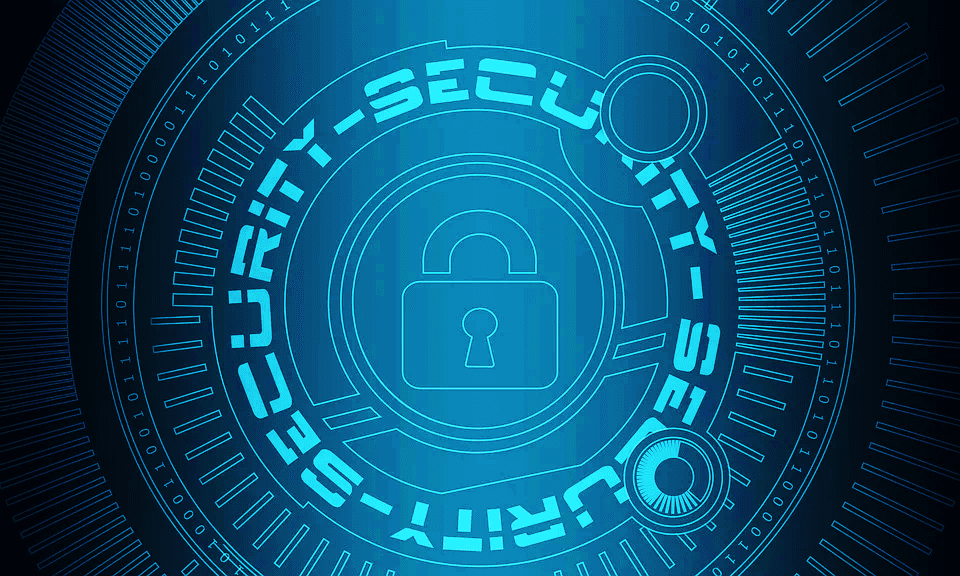
Organizations in the finance sector are tasked with storing, handling, and processing a multitude of sensitive data. Such companies process and keep financial records, customer data, transaction details, account details, and other sensitive information daily. Cybercriminals are always plotting ways to get their hands on this data. They can commit credit card fraud or identity theft if they have this data. Moreover, there is a high demand for credit card details on the dark web. Thus, there is a need for cybersecurity regulations like CMMC solution in the financial sector.
Various cybersecurity regulations help financial organizations safeguard their data systems and ensure there is no threat to the sensitive data they process. The cybersecurity regulation mandates that businesses implement a cybersecurity framework that best suits their organizational needs.
What is a cybersecurity framework?
Cybersecurity frameworks are guidelines and regulations organizations should implement to manage cybersecurity threats and risks. The frameworks include aspects like data security, risk evaluation, incident response, and business stability.
Cybersecurity is an ever-evolving domain. Most of the widely used frameworks took years to develop. The framework your organization should adopt will depend upon external threat factors and the internal resources and data you work with. It is also possible that one business may fall under various frameworks. For instance, banks offering services to a healthcare provider may have to follow NIST CSF and HIPAA frameworks.
NIST CSF
The National Institute of Standards and Technology Cybersecurity Framework is developed and designed for financial organizations to aid them in protecting their systems and data against cybersecurity risks. Like CMMC compliance requirements, all contractors and companies working under the federal government are required to comply with this framework. However, private organizations not falling under the federal agency can voluntarily adhere to this compliance requirement. Contractors who abide by this framework can avoid penalties or losing their contractors.
SOX
The Sarbanes-Oxley act of SOX was enacted in the year 2002. This framework initially focused on developing control measures for businesses to avoid data breaches and fraudulent financial payments internally. Over the years, this framework has evolved to incorporate various components to address cybersecurity risks like ransomware, phishing attacks, and DND attacks. The current framework also includes practices to follow when storing financial data in the data system.
GLBA
The Gramm-Leach-Bliley Act, or the GLBA, is a cybersecurity framework developed for companies working in the finance sector. The framework requires organizations to develop and execute a data protection plan to safeguard the confidentiality of their clients and data. Under this act, if an organization shares sensitive customer data with a third-party company, it must inform the customers. Besides, the customer must be allowed to opt out if they don’t want the company to share their data.
PCI DSS
The Payment Card Industry Security Standards Council is an autonomous organization formed by credit card companies. The body oversees the PCI Data Security Standard to ensure secure and safe credit card transactions. Payment companies like the Discover, American Express, Visa, MasterCard, and JCB enforce PCI DSS and not the PCI SSC. Every organization that handles and stores credit card details must adhere to PCI DSS. Failing to comply with the PCI DSS can lead to heavy fines.






